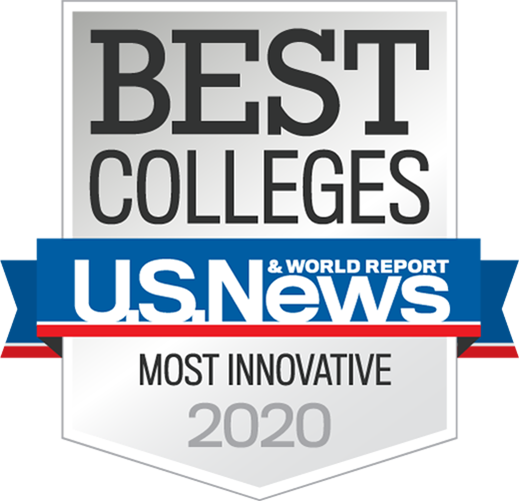To Get the Right Answer, You Have to Ask the Right Question
We want our students to develop those higher order thinking skills that are so crucial to developing those much talked about 21st Century Skills including the ability to think critically, synthesize, and evaluate. The development of these skills is essential for students to complete their degree programs, and enable them as citizens to be able to solve the complex problems facing our society in the future.
As the Critical Thinking Foundation points out, “…as students learn to think more critically, they become more proficient at historical, scientific, and mathematical thinking. They develop skills, abilities, and values critical to success in everyday life.”
But how do we help students to think critically? We pride ourselves on creating engaging discussions (in person or online) featuring thought-provoking questions that hopefully will help students to think critically and make important connections between the content we are presenting and real world application. Despite our best intentions, however, those discussions may not always reach their intended goal.
In their 2011 publication, Academically Adrift, Limited Learning on College Campuses, Arum and Roksa claim 45 percent of students show no gains in critical thinking during their first two years of college. As a result, as we move towards a more student-centered, active learning paradigm it, may be necessary to provide students with additional scaffolding to help them develop the ability to think more critically. According to the Critical Thinking Community, “Thinking is driven by questions.” Read more about the Role of Questions in Teaching, Thinking, and Learning here. The Critical Thinking Community maintains a website with information and free resources for higher education faculty and instructors interested in learning more about how to infuse critical thinking into instruction.
In an October 31st article for Edutopia, Five Powerful Questions Teachers Can Ask Their Students, Rebecca Alber identifies five deceptively simple but well designed questions for starting students to thinking critically about the world around them. These questions could easily be integrated into instruction before or after course readings, watching a video, as part of a discussion, or a reflection. The five questions are:
- What do you think?
- Why do you think that?
- How do you know this?
- Can you tell me more?
- What questions do you still have?
Lance Fuhrer has summarized these questions in the following easy to read graphic:

The July 29th edition of Faculty Focus, The Instructor’s Challenge: Moving Students beyond Opinions to Critical Thinking, identifies the challenges involved in developing students’ ability to think critically. The author, Ronald C. Jones, provides instructors with additional suggestions on how, “to move students beyond being able to define a topic to possessing the ability to make an evaluative value judgment based on in-depth, sound interpretation of relevant information.”
References
- Alber, Rebecca. “5 Powerful Questions Teachers Can Ask Students.” Edutopia. N.p., n.d. Web. 16 Dec. 2013. <http://www.edutopia.org/blog/five-powerful-questions-teachers-ask-students-rebecca-alber>.
- Arum, Richard, and Josipa Rokas. “Thinking Critically about Undergraduate Education.” Thought and Action. National Education Association, n.d. Web. 16 Dec. 2013. <http://www.nea.org/home/50459.htm>.
- “College and University Faculty.” The Critical Thinking Community. N.p., n.d. Web. 16 Dec. 2013. <http://www.criticalthinking.org/pages/college-and-university-faculty/798>.
- Jones, Ronald C.. “The Instructor’s Challenge: Moving Students beyond Opinions to Critical Thinking.” Faculty Focus The Instructors Challenge Moving Students beyond Opinions to Critical Thinking Comments. N.p., 29 July 2013. Web. 20 Dec. 2013. <http://www.facultyfocus.com/articles/effective-teaching-strategies/the-instructors-challenge-moving-students-beyond-opinions-to-critical-thinking/>.
- Kharback, Med. “The 5 Questions Teachers should Ask Students ~ Educational Technology and Mobile Learning.” Educational Technology and Mobile Learning. N.p., n.d. Web. 16 Dec. 2013. <http://www.educatorstechnology.com/2013/11/the-5-questions-teachers-should-ask.html>.



